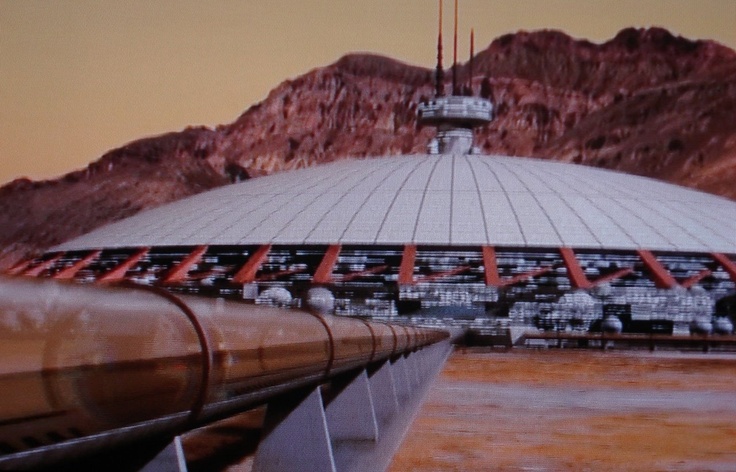Elon Musk, the self-appointed governor of Mars, may or may not be deceiving himself about the timeframe for settling our neighboring planet, as he has sometimes with his schedule for Tesla deliveries, but he isn’t oblivious to the perils involved in rushing people headlong into space. “It’s dangerous and probably people will die—and they’ll know that,” he tells the Washington Post, in an article by Christian Davenport that provides deeper details about the twin missions of establishing a cargo route and a permanent colony.
What’s amazing is that regardless of Musk’s success in creating Martians, it only seems somewhat audacious that a recently founded private company can compete with governments in Space Race 2.0. That speaks to so much about our era: technological innovation, the moonshot mentality and, of course, wealth inequality.
An excerpt:
In an interview with The Post this week, Musk laid out additional details for the first time, equating the spirit of the missions with the settlement of the New World by the colonists who crossed the Atlantic Ocean centuries ago. And he acknowledged the immense difficulties of getting to a planet that is, on average, 140 million miles from Earth.
The months-long journey is sure to be “hard, risky, dangerous, difficult,” Musk said, but he was confident people would sign up to go because “just as with the establishment of the English colonies, there are people who love that. They want to be the pioneers.”
Before those pioneers board a rocket, though, Musk said the unmanned flights would carry science experiments and rovers to the planet. The equipment would be built either by SpaceX, or others. The early flights also would serve to better understand interplanetary navigation and allow the company to test its ability to safely land craft on Mars.
“Essentially what we’re saying is we’re establishing a cargo route to Mars,” he said. “It’s a regular cargo route. You can count on it. It’s going to happen every 26 months. Like a train leaving the station. And if scientists around the world know that they can count on that, and it’s going to be inexpensive, relatively speaking compared to anything in the past, then they will plan accordingly and come up with a lot of great experiments.”
The mission is all the more audacious in that SpaceX is a private company without the resources of a government agency.•


